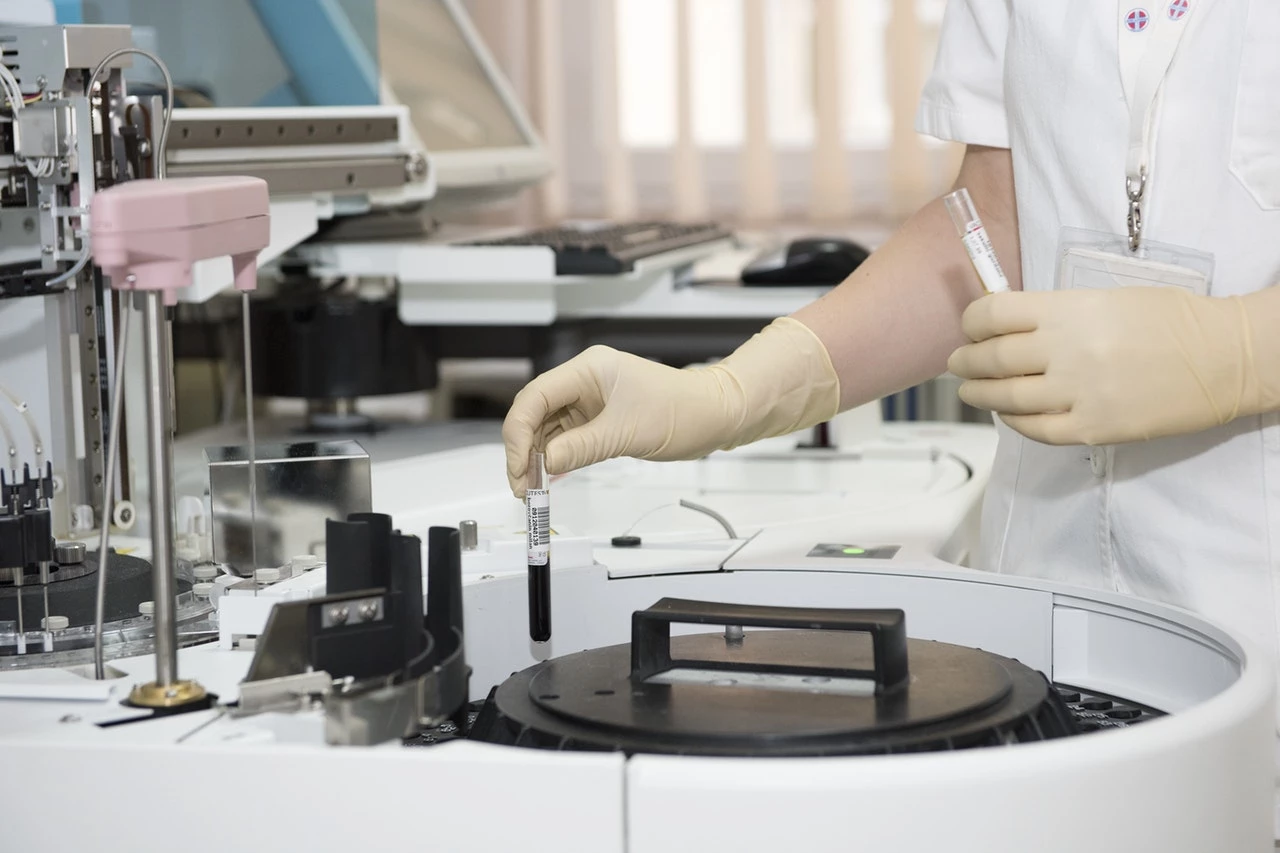
The country's medicines receive Industrial Strategy boost worth £70m
Sam Gyimah, new science minister, is to announce £70m funding today (January 22) to create new manufacturing centres to ‘speed up’ the development of new medicines during a visit to Imperial College London.
The money is to form part of the government’s commitment to make the UK ‘fit for the future through a stronger economy’. It aims to create new medical solutions, including those for brain and stroke injuries, investing in therapy and digital speech methods.
This investment should boost jobs whilst enhancing the NHS’s services. During his visit to Imperial College London, the minister is expected to see how such technology is being developed to help patients.
Universities and science minister, Sam Gyimah, said: “Through our ambitious, modern Industrial Strategy we want to unlock the innovations that will help people live better, longer lives by developing the medicines of the future.
“This investment will not only support high-value jobs but will develop lifesaving treatments that could change lives across the UK.
“We want to improve the way we make medicines and we are determined to capitalise on our research and innovation infrastructure, which is why I am launching the start of the UKRI Research and Innovation Infrastructure Roadmap Programme.”
Gyimah will also be shown a ‘robot’ which can improve learning and emotional understanding in autistic children. Researchers are said to believe that a robot’s consistency of displaying the same facial expressions and gestures may be the ‘key’ to helping such children learn how to use gestures better to display emotions.
The minister could also see some AI facial-recognition research which could be used to help elderly people by detecting the onset of depression, or in security systems to recognise visitors to dementia sufferers’ homes as doctors, nurses or relatives.
As part of today’s Industrial Strategy activity, Sam Gyimah will also speak at the Royal Society where he will announce the start of the UK Research and Innovation (UKRI) Research and Innovation Infrastructure Roadmap Programme.
UK Research and Innovation’s chief executive designate, Sir Mark Walport, said: “One of UK Research and Innovation’s key tasks is to make sure that the UK’s businesses and researchers are ready and able to seize the opportunity presented by the Industrial Strategy.
“So I’m very pleased that alongside today’s substantial investment in leading edge healthcare manufacturing technology, we are also starting the process to map out the UK’s nationally and internationally important research and innovation infrastructure.
“This will enable us to make sure we are getting the absolute best out the infrastructure we already have, and identify what else we will need to stay competitive in the next 10 - 15 years.”
Through the Industrial Strategy Challenge Fund (ISCF), the government is investing £181m through the Leading Edge Healthcare and the Digital Health Technology Catalyst over four years in the areas of advanced therapies, medicines and vaccines development and manufacturing, alongside an estimated £250m of private funding from industry.
The fund should return a value of £1bn to the UK economy, support high-value manufacturing and increase productivity.
Nearly £50m of this funding has been allocated to further the manufacture of medicines, ensuring that the right drugs and treatments reach patients.
Commenting on the funding, health and social care minister lord, O’Shaughnessy, added: “NHS patients want to know that they can get the most innovative and effective treatments as quickly as possible, and that’s what our investments will make happen.
“Whether it is new cancer treatments, digital health technologies, or tools to help diagnose illness earlier, the government is partnering with industry to deliver the life-changing and life-saving treatments as quickly as anywhere in the world.”
Looking to promote your product/service to SME businesses in your region? Find out how Bdaily can help →
Enjoy the read? Get Bdaily delivered.
Sign up to receive our popular morning National email for free.








 Raising the bar to boost North East growth
Raising the bar to boost North East growth
 Navigating the messy middle of business growth
Navigating the messy middle of business growth
 We must make it easier to hire young people
We must make it easier to hire young people
 Why community-based care is key to NHS' future
Why community-based care is key to NHS' future
 Culture, confidence and creativity in the North East
Culture, confidence and creativity in the North East
 Putting in the groundwork to boost skills
Putting in the groundwork to boost skills
 £100,000 milestone drives forward STEM work
£100,000 milestone drives forward STEM work
 Restoring confidence for the economic road ahead
Restoring confidence for the economic road ahead
 Ready to scale? Buy-and-build offers opportunity
Ready to scale? Buy-and-build offers opportunity
 When will our regional economy grow?
When will our regional economy grow?
 Creating a thriving North East construction sector
Creating a thriving North East construction sector
 Why investors are still backing the North East
Why investors are still backing the North East